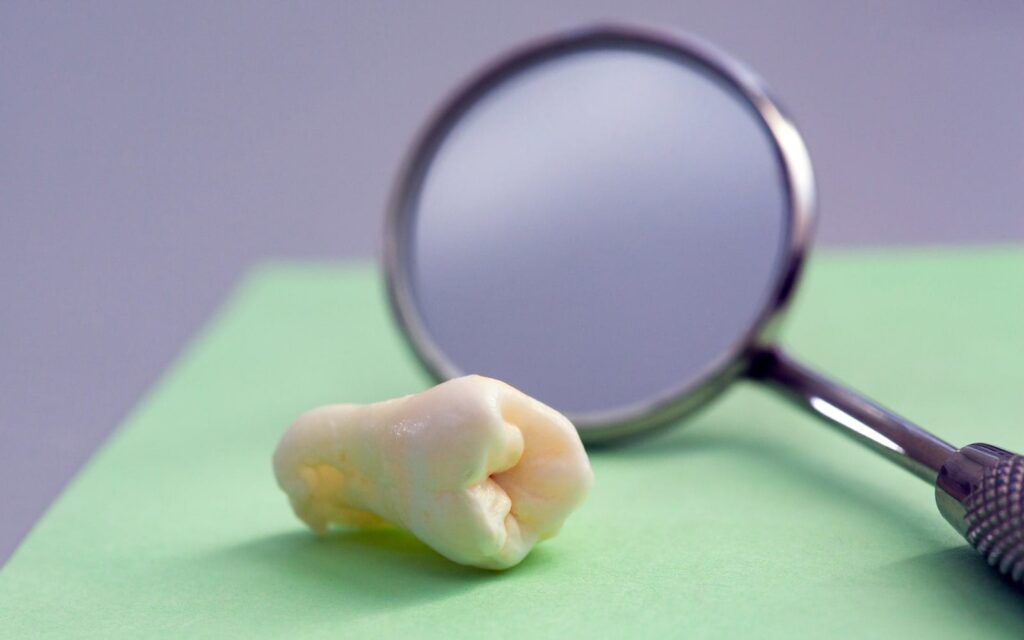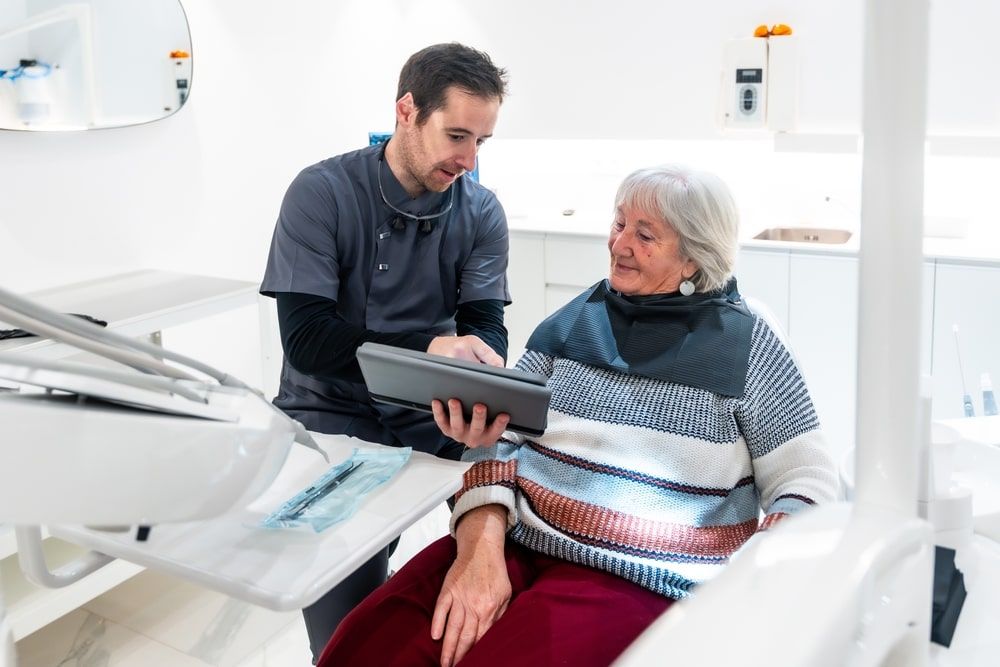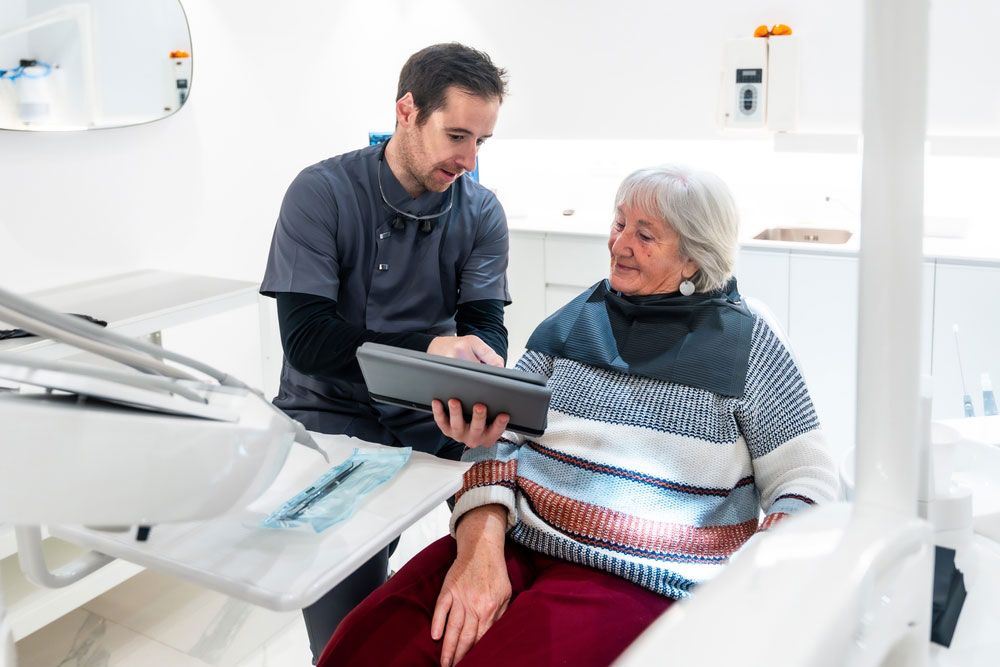Both pulpotomies and pulpectomies are procedures to health damaged teeth and address problems such as decay, pulp infection, and pulp trauma. However, both of these procedures have some major differences in the way that they address the damaged pulp. As endodontists, removing the pulp takes on many techniques, and as a basic outline, we’re here to explain some of the differences between these two procedures, how they help heal infected teeth, and what’s normally performed afterward to care for the teeth and give you back a healthier smile.
What To Expect From A Pulp Removal
At the coreof each of our teeth is the pulp, or main tissue of the tooth. Often considered the life of the tooth, the pulp contains many of the tissues, blood vessels, and nerves that give our teeth the ability to detect temperature changes, food particles, and in worse cases, bacteria. Bacterial infections that reach beyond the enamel and dentin can cause massive problems for the infected tooth, leading to pulp tissue damage, extreme pain, inflammation, and tooth decay that spreads to the other teeth.
To address these issues, endodontists use both pulpotomies and pulpectomies to help save the tooth. As a general description, these procedures are different due to certain factors such as:
- Pulpotomy: In a pulpotomy, only the coronal or main part of the pulp is removed. This area of the pulp sits above the gum line and leaves any remaining pulp not infected intact to still provide sensation. The only areas removed are the pulp that’s only mildly infected and that hasn’t reached the roots.
- Pulpectomy: In contrast, all areas of the pulp are removed, including the pulp below the gum line that sits within the root channels. Once this procedure is done, the teeth don’t have any more sensation and are often used to treat dead pulp or severely infected pulp with abscesses.
These procedures depend on whether or not the pulp is still alive, the severity of the infection, and the growth of your tooth structure. For more information, the best place to seek it is through your general dentist or endodontist.







